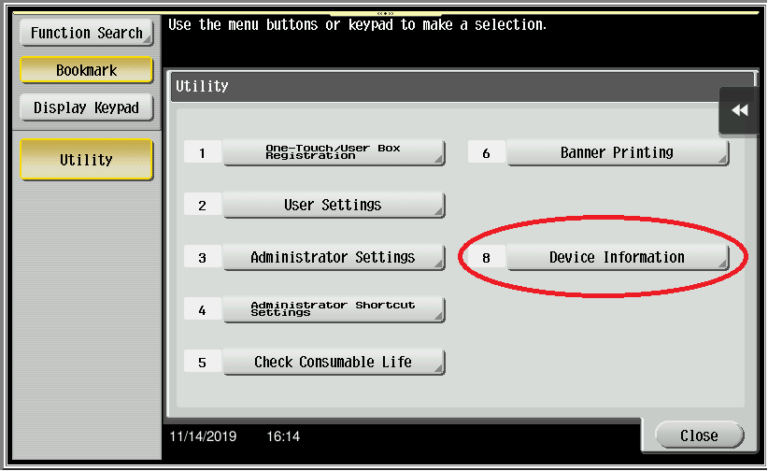


IP-based Geolocation is mapping of an IP address or MAC address to the real-world geographic location of an Internet-connected computing or a mobile device. The names of the routers through which packets flow from your host to the destination host might hint at the geographical path of the final location. You may use 'traceroute' command to find clues to the location of the IP address. org does not always imply that the host is located in the United States. It depends on the correct configuration of the ISP's DNS server. A couple of things to note here: (1) Reverse DNS translation does not always work. Many ISPs, Corporations and Academic institutions use location as a qualified hostname, although this is not always true. You may also use reverse DNS to find out the hostname of the IP address, which might give you some clues. Our sister website, also provides a geographic information of your IP address. You may also use products developed by 3rd-party companies like Ip2location and MaxMind.

If you're lucky, you might also find the city of orgin. The whois lookup will reveal name of the ISP who owns that IP address, and the country where it is originated from. You may also use 3rd party websites such as Geobytes or Dnsstuff to lookup the IP address.
WHAST MY IP REGISTRATION
ARIN Whois database provides a mechanism for finding contact and registration information for IP resources registered with ARIN. However, there are tools available to help identify approximate location of the host. Or, you might want to fight against illegal spammers and hackers, and would like to locate source of a problem.Īlthough it would be nice to be able to find precise location of a visitor, it is almost impossible to find exact location of a host given its IP address.
WHAST MY IP CODE
You might have an ecommerce website, and would like to know where your potential customers are, pre-populate country code on forms, display different language and reduce credit card fraud based on geographic location. There are times when you need to identify where your web visitors are coming from. Pairing of IP address to a geographical location is the method we used to provide geolocation data. Websites that are HTTPS secured only exclude the individual pages you visit from being monitored, your domains can still be scrutinized regardless.There are a several ways to find geolocation of a user: HTML5 API, Cell Signal and IP Address to name a few. Your internet provider can see any website you visit, if it is not HTTPS secured. These browsing activity logs are handed over to multiple government agencies who don’t even need a warrant to acquire such information. Being their customer they are aware of your name, address, cell number, bank account details, credit card number, credit history and maybe even more.Ĭountless countries, including UK and Australia, have ISPs maintain logs of your browsing history as they per a requirement. Your ISP knows more in-depth personal information about you than your friend. Internet Service Providers (ISPs) are party to even more information. After that, you are either targeted for marketing and shown content and advertisement that may suit your liking or your data is sold to the person bidding highest. These pieces of information are put together along with the websites you visit, the kind of content piques your interest and who you communicate with. By doing this, it is easy to build an entire profile about you. They combine your IP address with more information gathered and extracted from metadata, trackers, cookies, owners of website, advertisers and marketers. The landing websites can reveal even more.


 0 kommentar(er)
0 kommentar(er)
